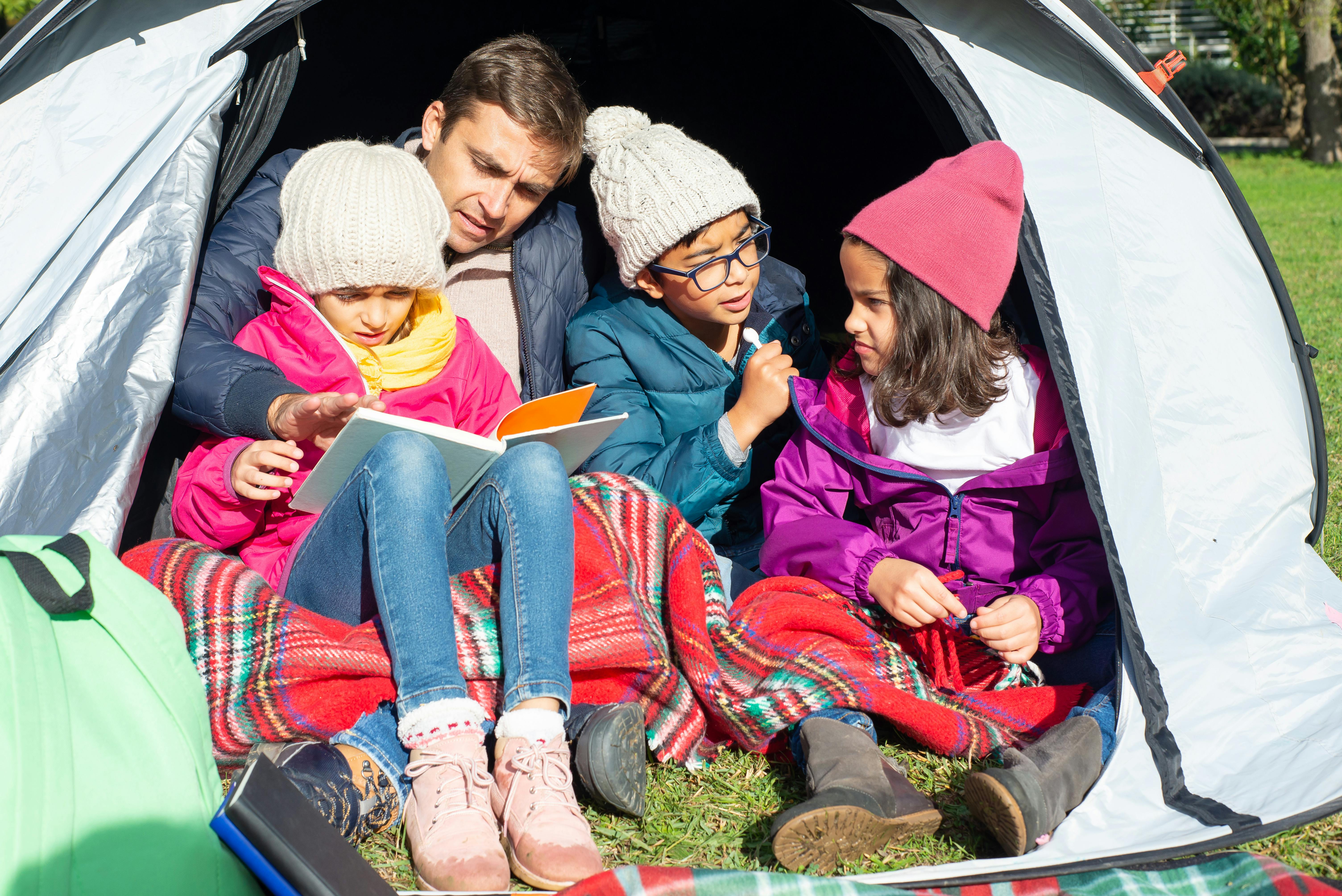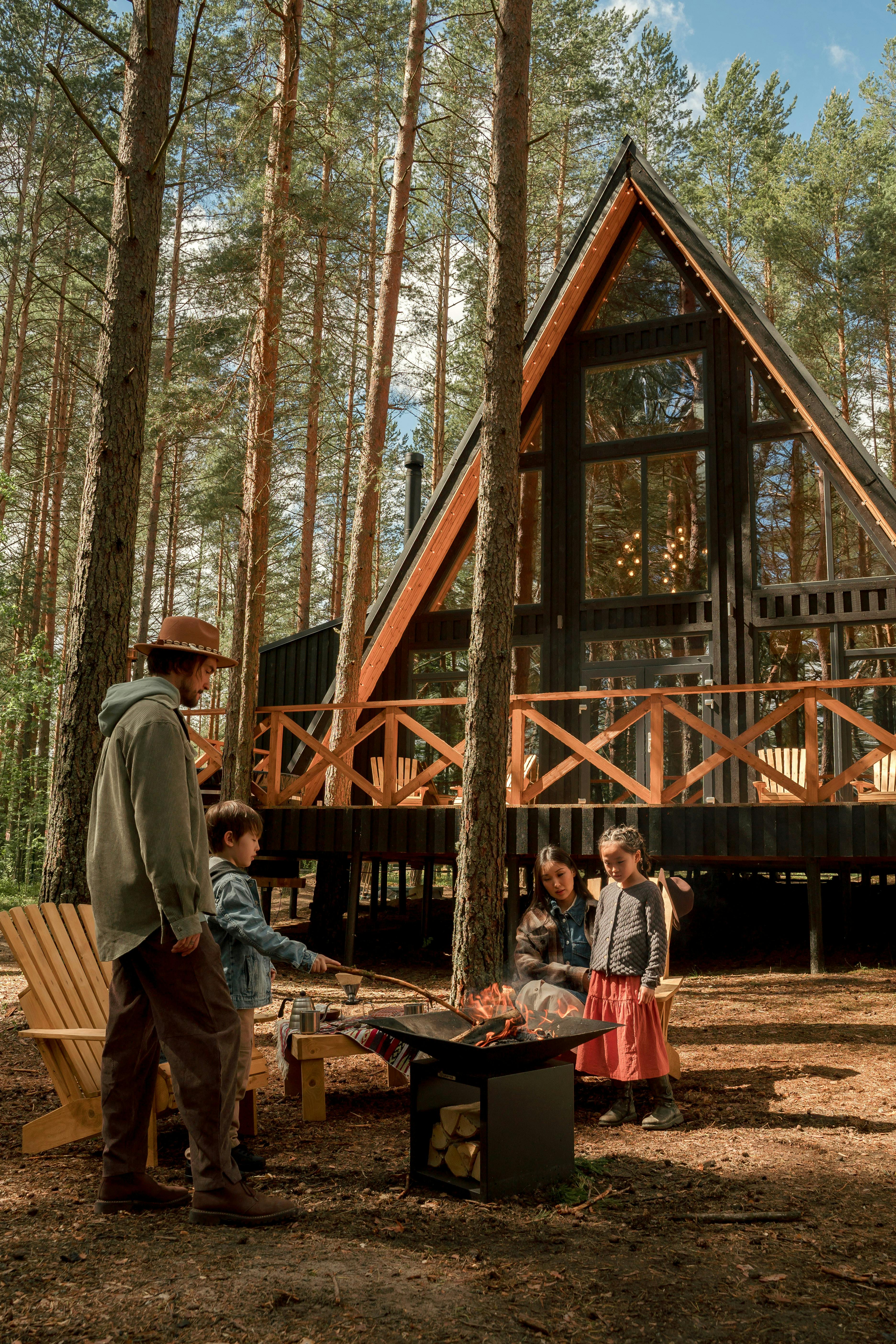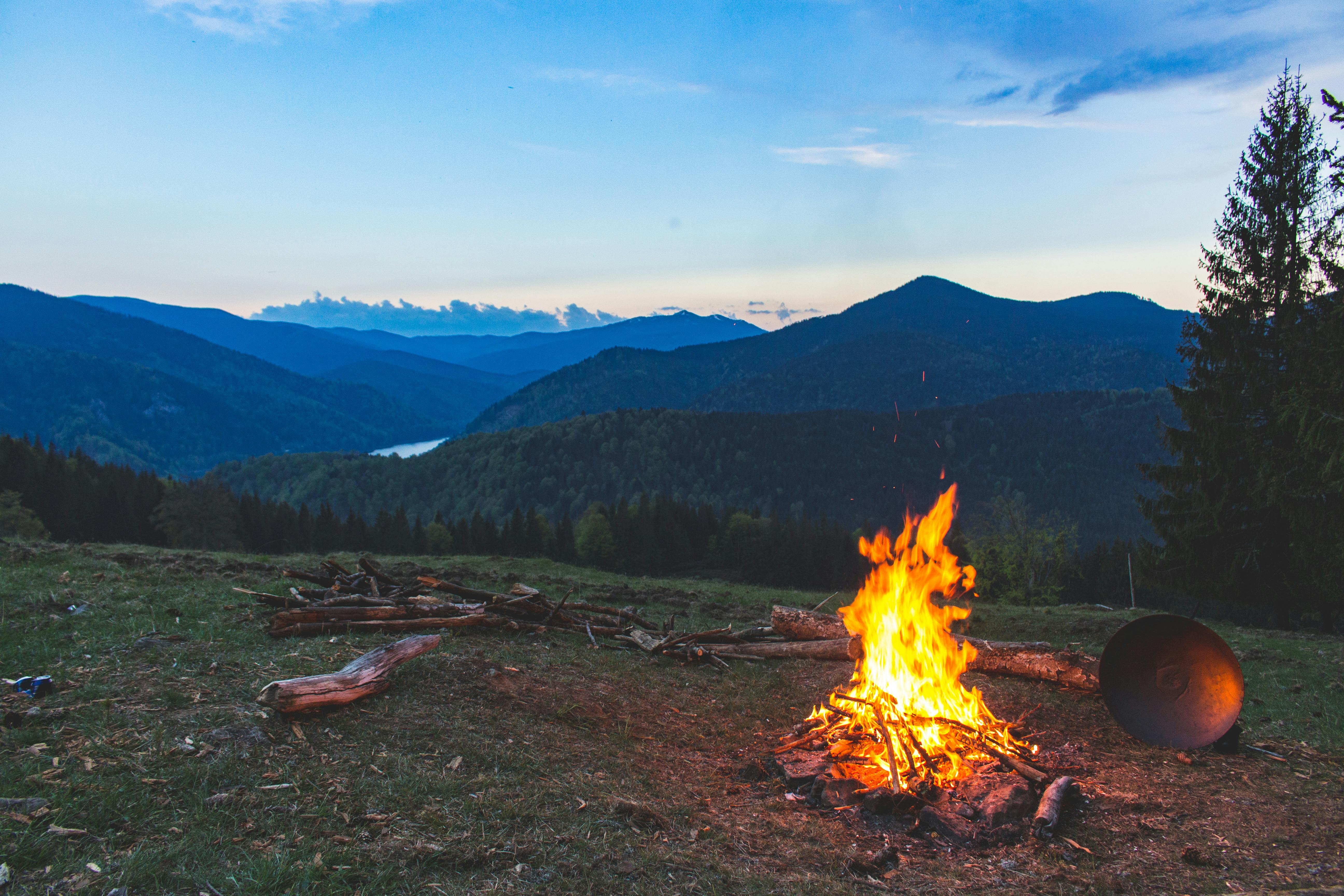How to Teach Your Kids Good Camping Etiquette from an Early Age
Are you ready to embark on an adventure with your kids that will not only create lifelong memories but also instill valuable lessons in outdoor etiquette? Camping with children can be an enriching experience, providing opportunities for them to learn about nature, responsibility, and respect for others. In this article, we will explore how to teach your kids good camping etiquette from an early age, ensuring they grow up to be considerate and responsible campers.
Why Camping Etiquette Matters
Camping etiquette is crucial for maintaining the beauty and integrity of natural sites and ensuring a pleasant experience for all campers. Teaching kids camping etiquette early on helps them develop a deep respect for nature and other campers. It also empowers them with the knowledge and skills needed to enjoy the outdoors responsibly. So, how do you go about teaching these important lessons to your little ones? Let’s dive in!
1. Start with the Basics: Leave No Trace
The Leave No Trace principles are the foundation of good camping etiquette. Explain to your kids that they should leave the campsite as they found it, or better. This includes:
- Packing Out Trash: Teach them to always pick up their trash and dispose of it properly. Make it a game to find and collect any litter around the campsite.
- Respecting Wildlife: Explain that animals should not be fed or disturbed. Watching wildlife from a distance is exciting and safe.
- Staying on Trails: Encourage them to stick to established paths to protect the natural habitat.

2. Set a Good Example
Children learn by observing adults. Demonstrate good camping etiquette yourself. Show them how to properly set up a campsite, dispose of waste, and respect other campers. When they see you acting responsibly, they are more likely to follow suit.
3. Plan and Prepare Together
Involve your kids in the planning and preparation of the camping trip. This includes packing essential items, planning meals, and understanding the campsite rules. By participating in the preparation, they become more invested in the trip and are more likely to follow the rules.
4. Teach Respect for Other Campers
Explain to your kids the importance of respecting other campers’ space and privacy. This includes:
- Keeping Noise Levels Down: Encourage quiet activities, especially in the early morning and late evening.
- Using Campsite Facilities Properly: Teach them to clean up after themselves in communal areas like restrooms and picnic tables.
- Avoiding Trespassing: Explain that other campers’ sites are their temporary homes and should not be entered without permission.

5. Fire Safety and Etiquette
Campfires are a favorite part of camping, but they come with responsibilities. Teach your kids:
- Fire Safety: Show them how to build a safe fire, keep it contained, and extinguish it completely before leaving.
- Fire Etiquette: Explain that fires should only be made in designated areas and that wood should be collected responsibly, not from living trees.
6. Encourage Participation in Camp Chores
Assign age-appropriate tasks to your kids, such as collecting firewood, setting up the tent, or washing dishes. This teaches them responsibility and the importance of contributing to the group effort.
7. Educate About Wildlife and Plants
Turn your camping trip into a learning adventure. Teach your kids about the local wildlife and plants. Explain which plants are safe to touch and which should be avoided. Understanding the environment fosters respect and caution.
8. Promote Eco-Friendly Practices
Introduce eco-friendly camping practices, such as:
- Using Biodegradable Products: Opt for biodegradable soaps and shampoos.
- Minimizing Plastic Use: Use reusable containers and utensils.
- Conserving Water: Teach them to use water sparingly and turn off taps tightly.
9. Practice Proper Hygiene
Teach your kids the importance of hygiene while camping, including:
- Hand Washing: Show them how to wash their hands properly, especially before meals.
- Tooth Brushing: Explain where and how to brush their teeth without harming the environment.
- Bathroom Etiquette: Teach them how to use campsite restrooms properly and what to do if there are no facilities.

10. Respecting Nature’s Quiet Time
Nature has its own rhythm, and respecting the quiet times of the day and night is part of good camping etiquette. Teach your kids:
- Nighttime Quiet: Encourage quiet activities after dark to avoid disturbing wildlife and other campers.
- Morning Respect: Remind them to keep noise to a minimum in the early morning hours.
11. Understanding and Following Campsite Rules
Every campsite has its own set of rules. Make sure your kids understand and follow them. This includes:
- Check-In/Check-Out Times: Explain the importance of arriving and leaving on time.
- Campground Specific Rules: Discuss any specific rules about fires, pets, or activities.
12. Practicing Safety Around Water
If your campsite is near a body of water, teach your kids:
- Water Safety: Always supervise them near water, teach them to swim, and explain the dangers of fast-moving rivers or deep lakes.
- Respecting Water Life: Show them how to observe aquatic life without disturbing it.
13. Learning to Identify and Avoid Hazards
Educate your kids about potential hazards, such as:
- Poisonous Plants: Teach them to recognize and avoid plants like poison ivy.
- Insects: Explain the importance of checking for ticks and using insect repellent.
- Weather: Teach them to be prepared for changes in weather and what to do in a storm.

14. Encouraging Exploration and Curiosity
While teaching rules and safety, also encourage your kids to explore and be curious. Let them discover the wonders of nature, build their sense of adventure, and develop a love for the outdoors.
15. Reinforcing Lessons Through Stories and Games
Use stories, books, and games to reinforce camping etiquette. Read books about nature and wildlife, or play games that involve identifying plants and animals. This makes learning fun and memorable.
16. Preparing for Emergencies
Teach your kids basic first aid and what to do in case of an emergency. This includes:
- Knowing How to Call for Help: Explain when and how to call for help if needed.
- Understanding Basic First Aid: Teach them how to treat minor cuts, scrapes, and insect bites.
17. Instilling a Sense of Stewardship
Encourage your kids to take pride in protecting the environment. Explain that they are stewards of nature and that their actions make a difference.
18. Practicing Patience and Flexibility
Camping often involves dealing with unexpected situations. Teach your kids to be patient and flexible, whether it’s adapting to weather changes or dealing with campsite challenges.
19. Creating Lasting Traditions
Make camping a regular family activity. Establish traditions that your kids can look forward to, such as a special meal cooked over the campfire or a favorite hiking trail.
20. Reflecting on the Experience
After each camping trip, take time to reflect on the experience. Discuss what they learned, what they enjoyed, and how they can improve their camping etiquette for future trips.
Building Lifelong Habits
Teaching your kids good camping etiquette from an early age sets the foundation for lifelong habits of respect, responsibility, and appreciation for the outdoors. By following these tips and leading by example, you can help your children become considerate and responsible campers who understand the importance of preserving nature for future generations. So, pack your bags, gather your family, and head out into the wild to start creating those unforgettable memories and invaluable lessons!